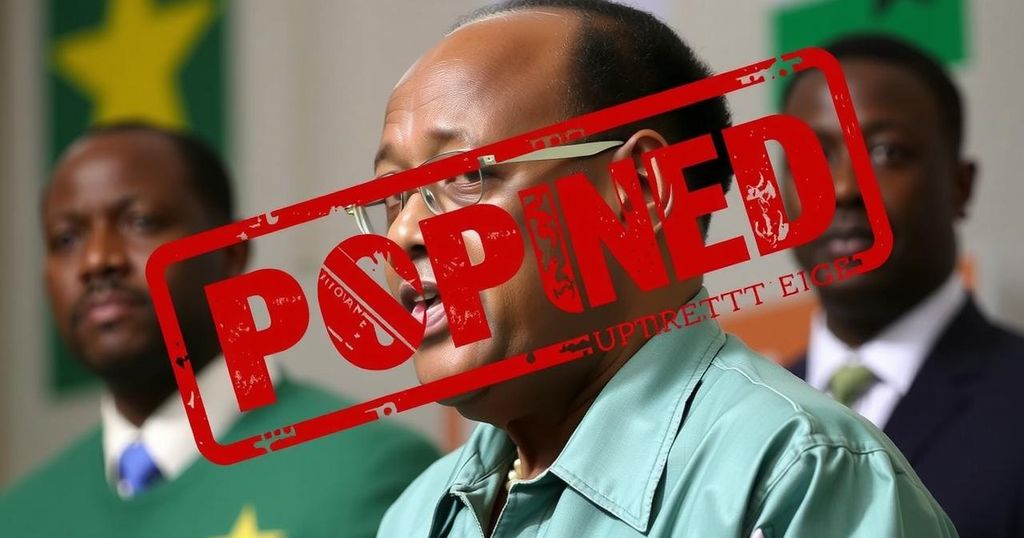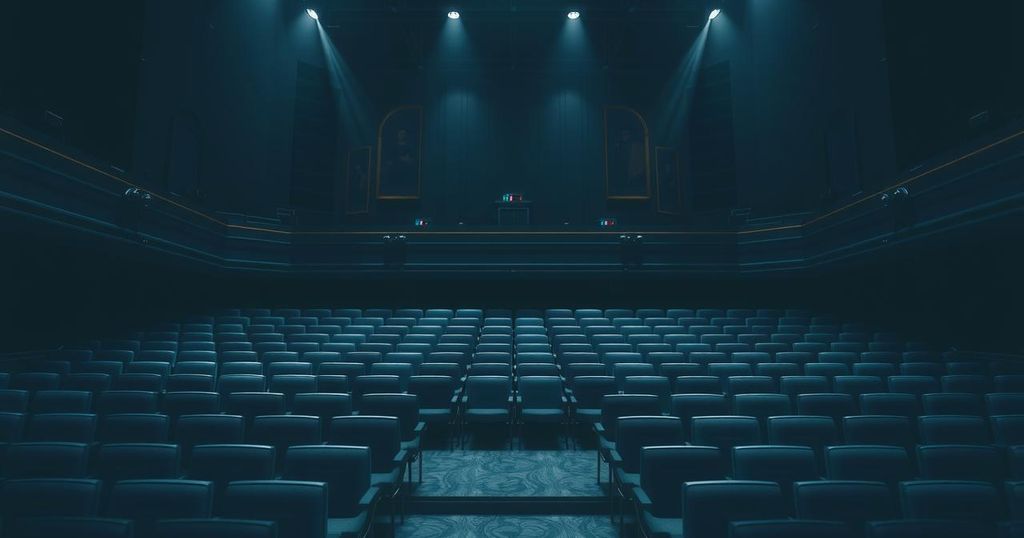Togo Postpones Senatorial Elections Amid Political Tensions
Togo’s senatorial elections, now set for February 15, have been postponed to allow political parties more time to organize. The elections are part of implementing a controversial new constitution criticized by opposition groups. Major factions, including the ANC, plan to boycott the elections, citing concerns over presidential power retention and a perceived constitutional coup.
Togo’s inaugural senatorial elections have been rescheduled to February 15, as indicated by a presidential decree issued on Friday evening. This two-week postponement aims to grant political entities additional time to prepare adequately for the elections, with official campaigning commencing on January 30. The elections represent a significant step in the implementation of the new constitution, which has faced substantial criticism from opposition groups and civil society organizations.
Despite the delay, major opposition parties like the National Alliance for Change (ANC) are intending to boycott the elections, interpreting them as part of a broader “constitutional coup d’état.” The Senate, established through a constitutional revision in 2002, has yet to be convened and will comprise 61 members, with 41 senators elected by regional and municipal councillors and the remainder appointed by the President of the Council of Ministers.
Critics argue that the new constitution, which shifts from a direct election format for the head of state to a parliamentary system, is designed to enable President Faure Gnassingbé to retain power indefinitely. Gnassingbé, leader of the ruling party, UNIR, has governed Togo since 2005, succeeding his father, who held power for 38 years. In the recent legislative elections held in April 2024, his party secured 108 of the 113 available seats, underscoring their significant political dominance in the nation of approximately 8.8 million inhabitants.
Togo is a West African nation currently facing political tension concerning its electoral processes and constitutional reforms. The postponement of the senatorial elections has highlighted divisions among political parties, with significant opposition factions declaring their intention to boycott the upcoming polls. The establishment of the Senate is integral to implementing a constitution that has been criticized for its implications on presidential power dynamics. Togo’s political history has been shaped by long-standing governance under the Gnassingbé family, raising concerns about the consolidation of power and democratic integrity in the country.
In conclusion, the rescheduling of Togo’s first senatorial elections to February 15 reflects ongoing political maneuvers amid opposition resistance. The elections serve as a crucial element in progressing toward a controversial new constitution that redefines the country’s governance structure. The ongoing boycott by significant opposition factions further complicates the electoral landscape and indicates a deepening political crisis in Togo, as concerns about democratic practices and governance persist.
Original Source: www.barrons.com




Post Comment